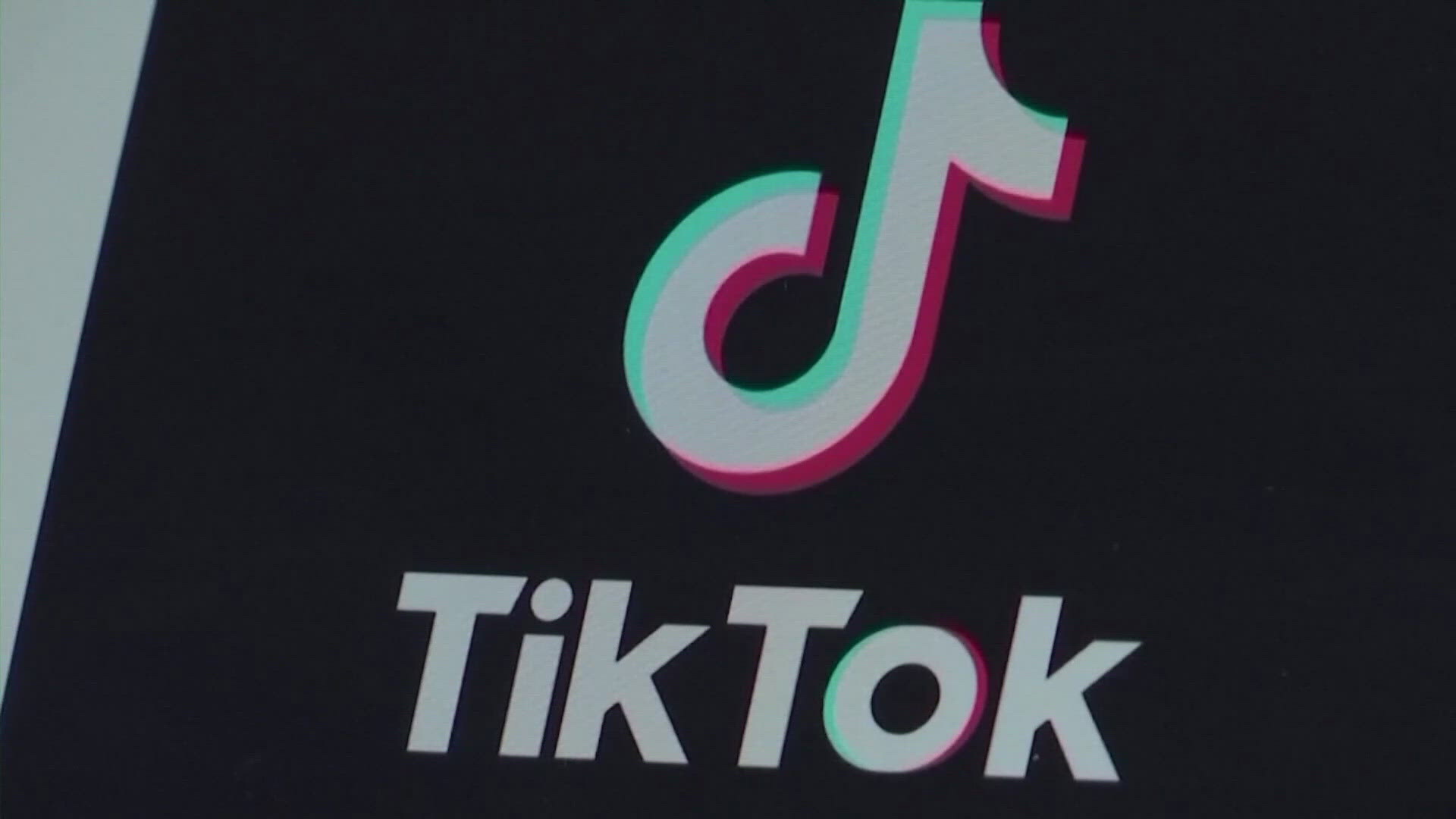SEATTLE — What is TikTok doing to our brains? It's something researchers are exploring more deeply as conversations over how social media impacts mental health become more common among families and medical circles.
Specifically, a Seattle-based psychology researcher wants to know how TikTok influences youth mental health.
"Nothing is ever all good or all bad. So let's figure out what is actually helpful about TikTok because clearly, the young adults and adolescents are on it because it serves a function for them. It's doing something for them," said Dr. Keyne Law.
Law is an assistant professor of clinical psychology at Seattle Pacific University. She knew she had an idea for a new research project when she talked with her 13-year-old nephew about TikTok.
"He put a screen time lock on himself, and I was just like, for a 13-year-old, that is amazing that you had the insight and the thought to do that. So I was really impressed by that," Law said.
She wanted to learn more.
She started to hear more about TikTok from her colleagues and noticed a lot of tailored content on TikTok, including advice on mental health. Law, a licensed therapist, started posting her own videos on the social media platform.
But she wondered what other mental health advice is available on the popular social media app and whether it's trustworthy from a clinical standpoint.
"I want to understand what is helpful about this app, and what is actually harmful so that we can have our eyes open in this conversation," Law said.
Law specializes in suicidal thinking and how it can lead to suicidal behavior. She wondered if TikTok content potentially influences suicidal tendencies.
In collaboration with the UW Center for Suicide Prevention and Recovery (CSPAR) and funded by the Garvey Institute for Brain Health Solutions, Law launched an ongoing study on this topic at SPU's Crisis Lab.
Law and her team are recruiting approximately 140 people ages 13 - 25 for the study. Participation includes a Zoom interview and TikTok data must be submitted.
Law's research comes as suicide rates among American youth have trended upward in the last decade.
Data from the Centers for Disease Control and Prevention showed the suicide rate among people aged 10 to 24 increased by 62% from 2007 to 2021.
"I think a lot of the conversations around suicide and TikTok so far has been like, this algorithm that TikTok has, it's feeding really harmful content to our adolescents and our teenagers who are thinking about suicide who are experiencing depression, and maybe even putting this idea into their minds — so I think there is a really big conversation around that and a lot of concerns around that," Law said.
What struck her is how some teens appear to be aware of the potentially harmful effects of social media.
"I think oftentimes adolescents and young adults feel kind of shut out from that conversation and so through this study, I want to give them a voice to tell us, 'Hey like what's happening on the app? How does it impact your mental health? And, how do you think we can make it better?'," Law said.
Participants in the study must use TikTok at least once a week and must have been using the app for the past six months. Qualifying participants can get up to $75 in Amazon gift cards. For more information, visit crisislab-seattle.com/tiktok.
Seattle researcher explores how TikTok might influence youth mental health: HealthLink
A Seattle Pacific University professor of psychology is recruiting adolescents for the ongoing study

